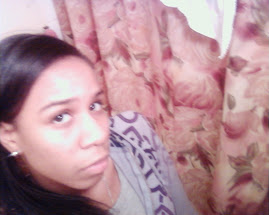
Mah Hood Mah Neighborhood Mah abode List of elected Officials In New York
1.Mayor Michael R. Bloomber
2.Governer David Patherson
3.Hiliary Clintion
4.Marty Markowitz, Brooklyn Borough President
5.Tracy Boyland( district 41 councilwomen)
Bedford Stuyvesant is a growing neighborhood. It is a large one at that as you can see for your self.






